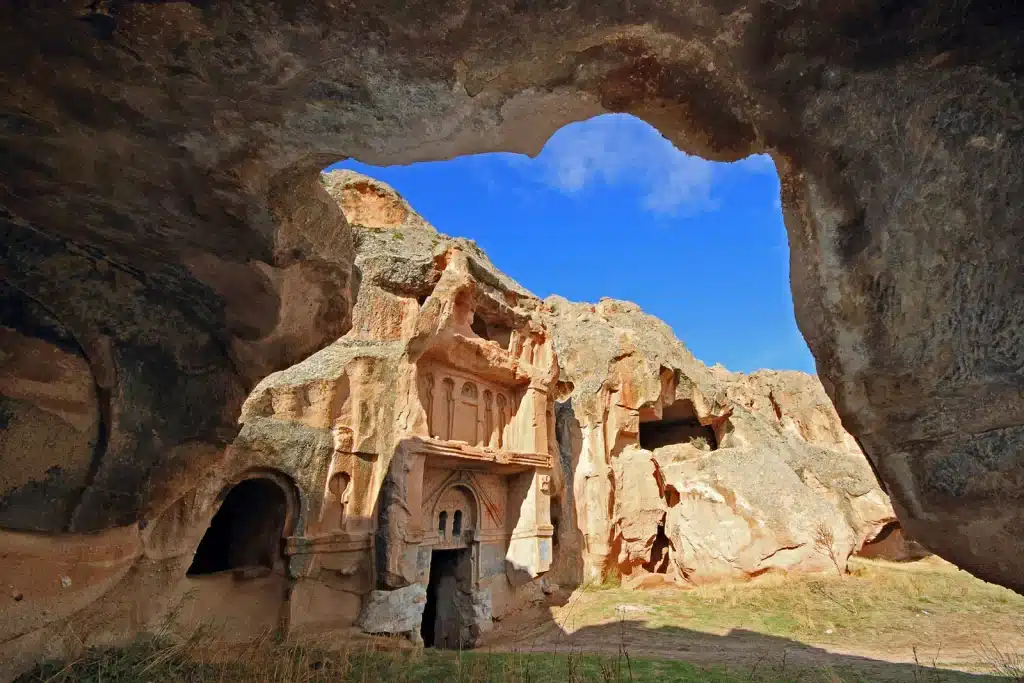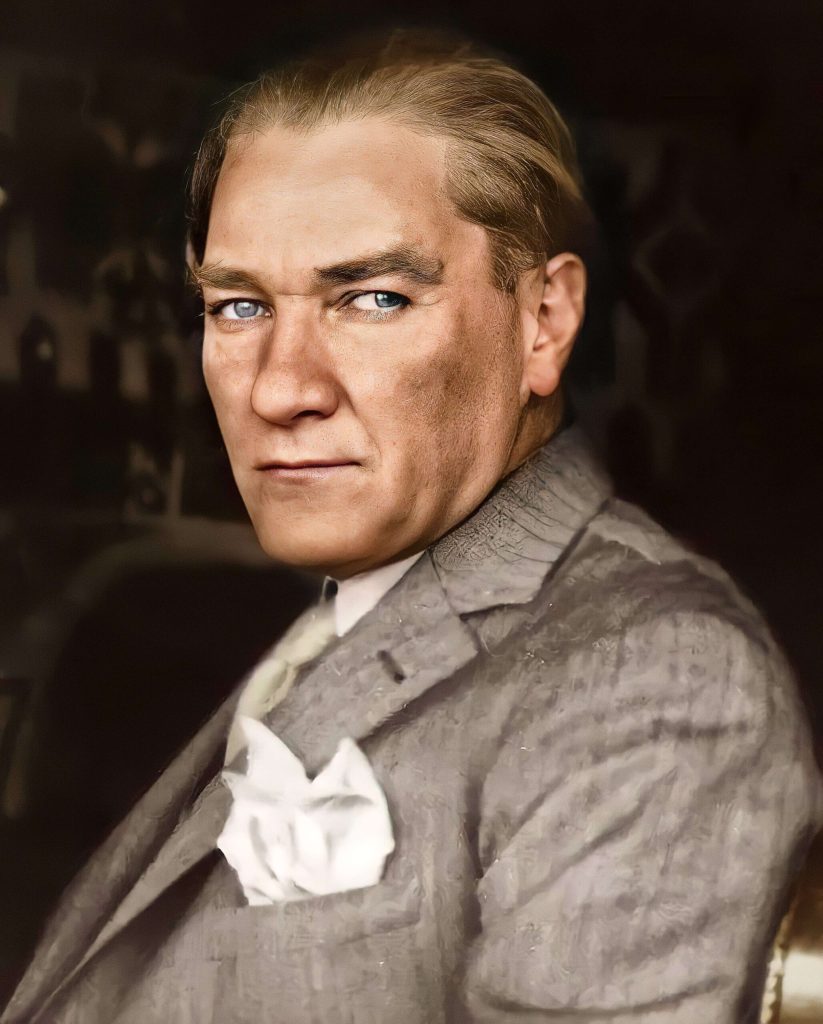History of Turkey
Journey Through Time: Unraveling the Rich and Diverse History of Turkey
Introduction:
Turkey, a country that straddles two continents, is a mosaic of cultures, empires, and historical events. Its strategic location at the crossroads of Europe and Asia has made it a pivotal player in the annals of history. From ancient empires to its role in modern times, Turkey’s history is as diverse as its landscape. This article offers a glimpse into the rich historical tapestry that makes up modern Turkey.
- The Cradle of Civilizations: Ancient Anatolia:
The story of Turkey begins in ancient Anatolia, a region that witnessed some of the earliest human settlements. The Hittites, one of the first urban civilizations, dominated this region in the Bronze Age. The ruins of Troy, made famous by Homer’s epic, and the ancient city of Ephesus reflect the richness of this period.
- Greek and Roman Influence:
Following the Hittites, the region saw significant Greek influence, especially with the city-states along the Aegean coast. The Roman Empire later absorbed these territories, leaving behind a legacy of roads, aqueducts, and cities that still stand today.
- Byzantine Era and the Rise of Christianity:
As the Roman Empire split, the eastern half transformed into the Byzantine Empire, with Constantinople (modern-day Istanbul) as its capital. This era saw the rise of Christianity, with monumental churches like Hagia Sophia symbolizing the empire’s religious and architectural achievements.
- The Seljuk and Ottoman Empires:
The Seljuk Turks, arriving from Central Asia, established their rule in the 11th century, marking the beginning of Turkish history in Anatolia. The Ottoman Empire, emerging from the Seljuk’s decline, expanded to become one of the world’s most powerful empires, spanning three continents at its peak.
- The Republic of Turkey:
The fall of the Ottoman Empire after World War I led to the Turkish War of Independence, resulting in the establishment of the Republic of Turkey in 1923, under the leadership of Mustafa Kemal Atatürk. Atatürk introduced sweeping reforms to modernize Turkey, transitioning it from a religious empire to a secular, democratic nation-state.
- Modern Turkey: A Blend of Tradition and Modernity:
Today, Turkey is a unique blend of its rich past and contemporary progress. It plays a significant role in regional and global affairs, balancing its historical legacy with its aspirations for the future.
Conclusion:
The history of Turkey is a journey through time, showcasing the rise and fall of civilizations, empires, and cultures. This rich historical background has shaped Turkey into a country with a unique identity, where the echoes of the past meet the dynamics of the present.


